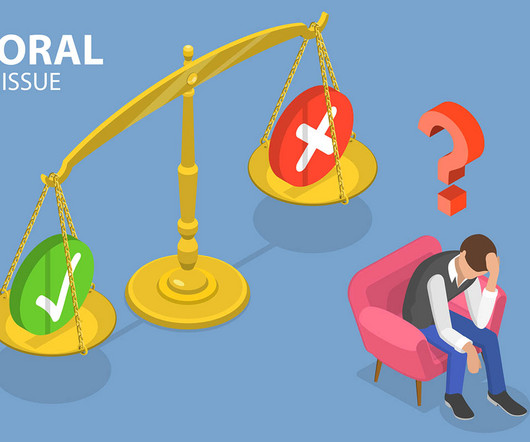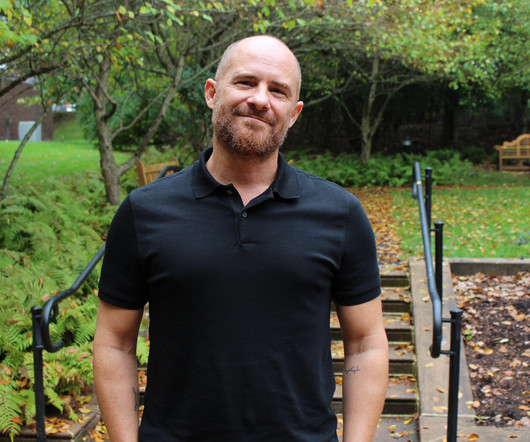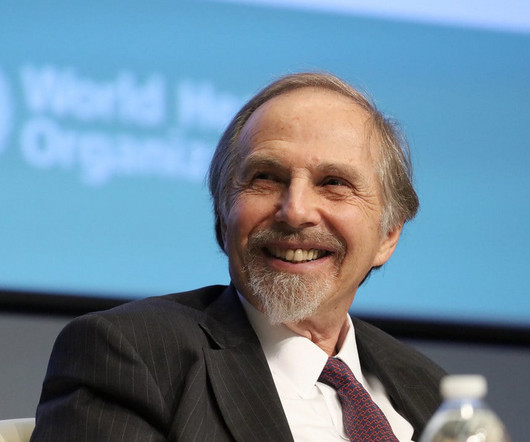Heritability Explains Less About Mental Disorders Than You Think
Mad in America
MAY 17, 2025
However, mental disorders are not concrete things that can be found with a brain scanner or treated with medication like a bacterial infection with antibiotics. Much has already been written about these points, for example in my book on mental health and substance use (open access).













Let's personalize your content